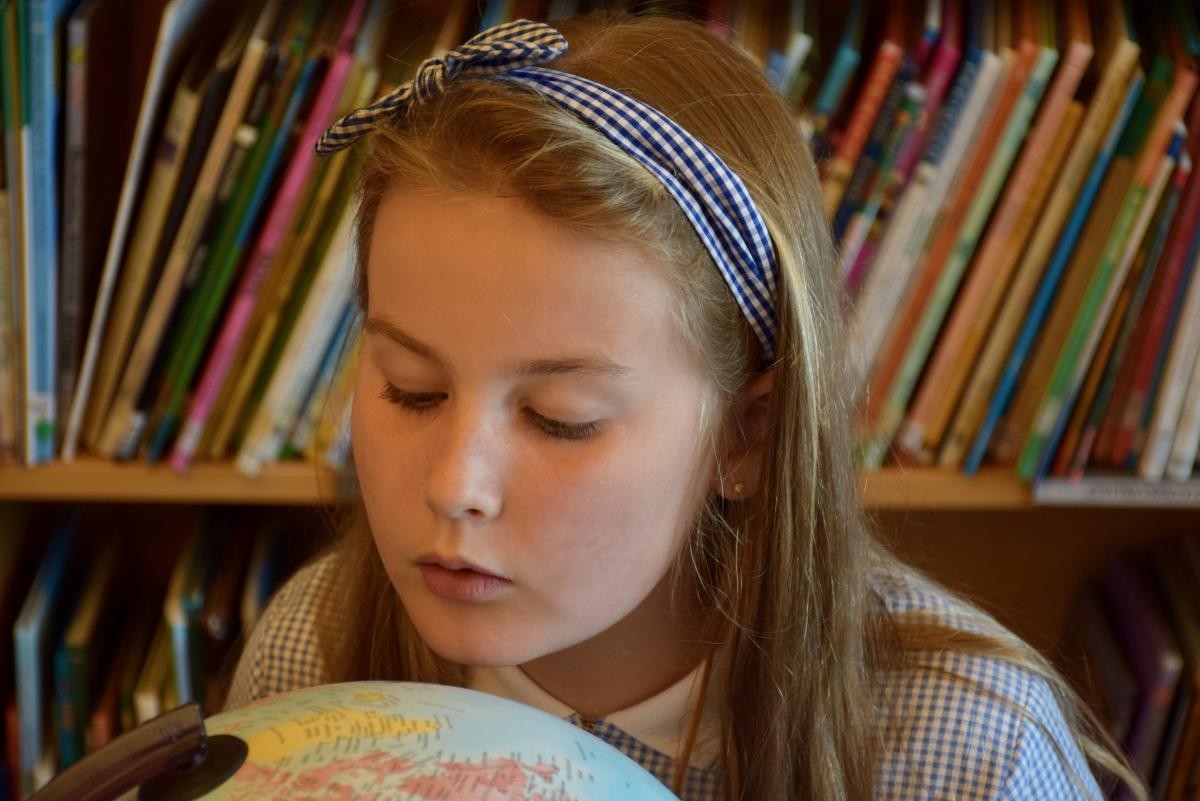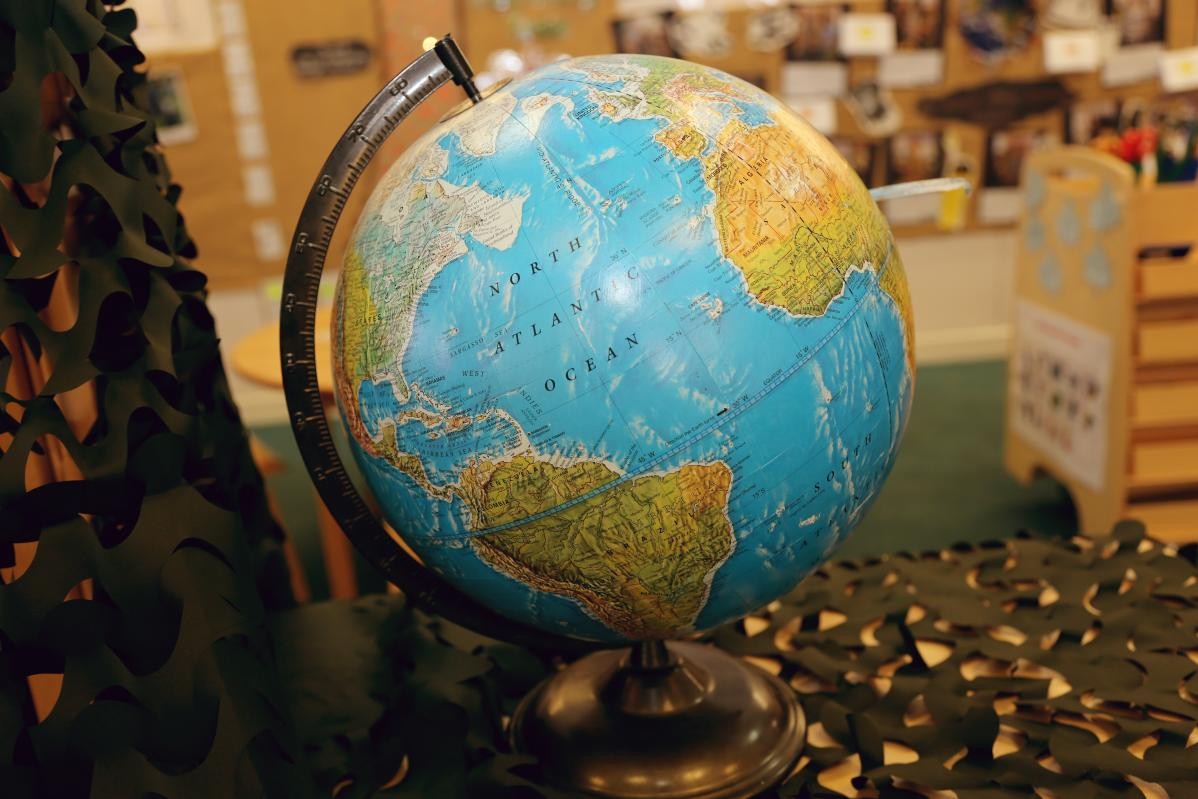At Tintagel School, we want our children to be curious explorers of the world around them. Our Geography curriculum helps them build the knowledge, skills, and confidence they need to understand their place in the world and make a positive difference, both now and in the future.
Our Geography curriculum is built around our Enquiry approach intertwined with our ‘Value question', immersing children in rich and meaningful experiences that develop a secure knowledge of the world. Through exciting topics, visits, residentials and carefully designed practical skills and fieldwork, pupils learn about places near and far, people, resources and the ways our planet is constantly changing. This knowledge helps them to understand how physical and human processes interact, and how landscapes and environments are formed, used and changed over time. We encourage children to ask big questions, share ideas and make connections between what they already know and new discoveries. Throughout each unit of study, they engage with a wide range of maps, learning to decode, analyse and construct them with increasing confidence.
We are proud of our local community, and we want our pupils to feel that pride and sense of belonging too - whilst also developing a wider awareness of national and global issues. As they move through the school, children build on their learning year by year, gaining a deep understanding of how people and the environment interact.


